PMI Global Recap Series - Unlocking the Power of NLP in Project Management
NLP in Project Management? It's a Game-Changer!

Recently, at the PMI Global Summit 2024, I had the pleasure of attending a session that left a lasting impact on how I view leadership and communication within project management. The presentation, titled "The Language of Influence: Transform Your Project Management Leadership and Communication", was delivered by Sepo Mwangelwa, an experienced Clinical Research Physician and Project Management Communication Coach.
This session introduced Neuro-Linguistic Programming (NLP) and demonstrated how its principles can revolutionize leadership, team engagement, and project outcomes. NLP has long been applied in therapy and personal development, but its use in project management is both innovative and highly practical. Let’s dive into some of the key takeaways.
What is NLP?
NLP, short for Neuro-Linguistic Programming, is a communication model designed to improve human interaction by understanding how we process and use language to influence our thoughts and behaviors. At its core:
- Neuro relates to how we process information through our senses, influencing thoughts, beliefs, and behaviors.
- Linguistic involves both verbal and non-verbal communication, capturing how we use language to convey emotions, intentions, and ideas.
- Programming refers to the patterns and sequences of behavior we unconsciously follow.
Applying NLP to Project Management
In project management, effective communication can make or break a project. One of the most powerful insights from the session was how NLP techniques, particularly The Milton Model, can enhance how we lead and engage teams. This model, named after hypnotherapist Dr. Milton Erickson, uses ambiguous language deliberately to foster creativity, collaboration, and proactive problem-solving within teams.
For example, instead of issuing direct orders, using embedded commands can help guide teams to desired outcomes subtly and collaboratively. Consider the difference between saying:
- “We need to complete these tasks by Friday.” versus
- “As we discuss our next steps, you’ll find it easy to come up with innovative solutions to finish on time.”
The second phrasing engages the team’s problem-solving capabilities while promoting ownership of the task.
Real-World Impact
NLP’s Milton Model includes several key techniques to transform project communication:
- Embedded Commands: Direct but subtle suggestions embedded in larger sentences.
- Presuppositions: Statements that assume the desired outcome is already happening.
- Mind Reads: Projecting a positive assumption about the team's capability or mindset.
- Tag Questions: Questions at the end of statements to gain agreement or affirm positivity.
These techniques are not just theoretical. They are designed to be applied immediately to encourage creativity, resolve conflicts, and facilitate changes within teams. For project managers facing tight deadlines or unmotivated teams, NLP offers a framework to foster engagement and ensure project success.
Moving Forward with NLP
As someone who is always seeking to improve my leadership style and communication, I plan to implement NLP techniques in my daily interactions with my team. The focus on framing conversations in ways that build trust, encourage problem-solving, and maintain motivation is a game-changer.
If you're in project management, I highly recommend exploring NLP and its potential to transform your leadership style. Whether you’re tackling complex projects, navigating change, or simply looking to improve team dynamics, NLP offers valuable tools for every project leader.
Key Takeaway: To truly lead, we need to focus on communication strategies that elevate our teams. By incorporating NLP into our management toolkit, we empower our teams to solve problems creatively and collaborate more effectively.
Stay tuned for another next post where I'll dive deeper into how I’m using NLP techniques with my teams. In the meantime, I’d love to hear your thoughts—how do you approach communication in your projects?









